Birding Shanghai in January 2024
10,000 Birds
FEBRUARY 5, 2024
It seems that like me, Oriental Storks are not that fond of humans. A study found that in areas with intense human activity, their nests were higher, while in safer environments, the nests were lower and closer to food resources, allowing parent storks to invest more in the nestlings. Well, they are birds, not humans.

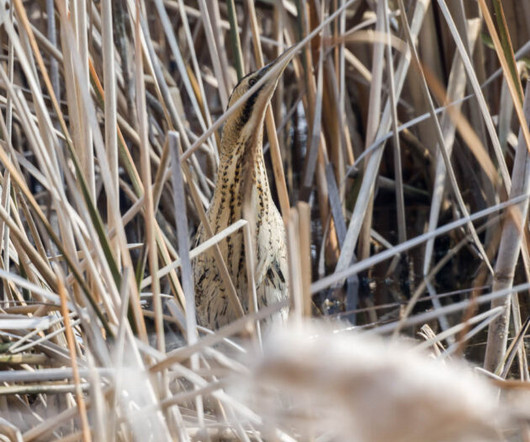
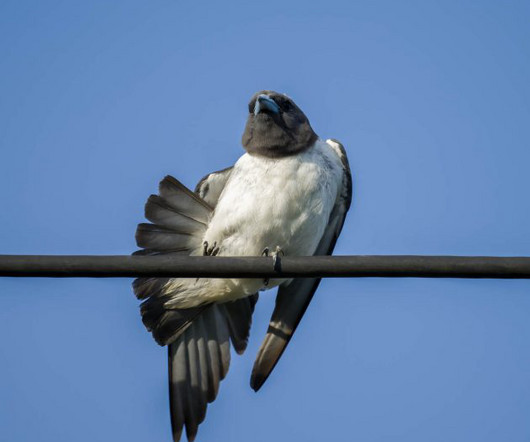
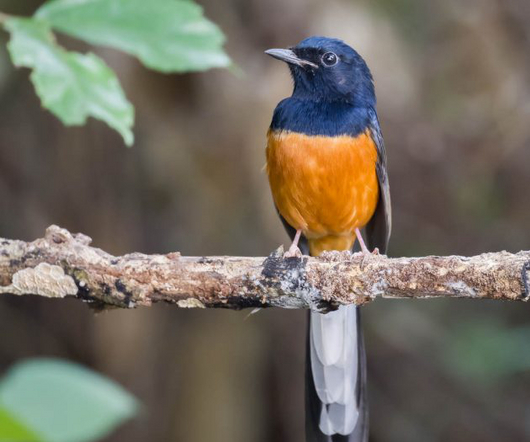

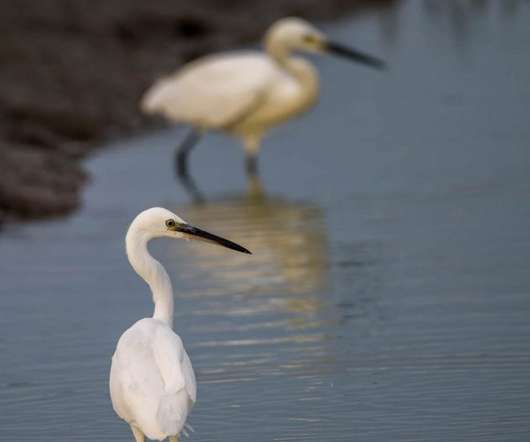
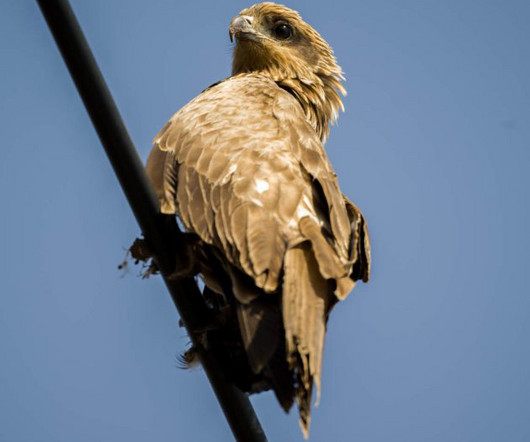
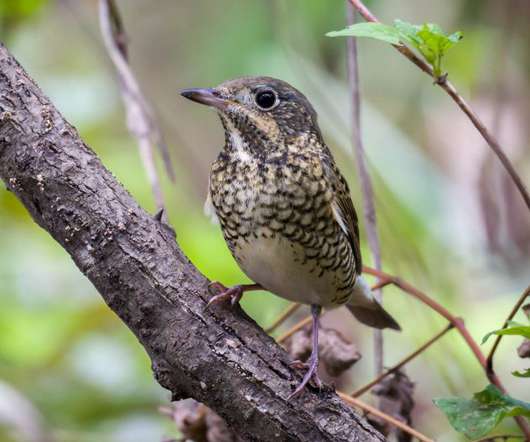
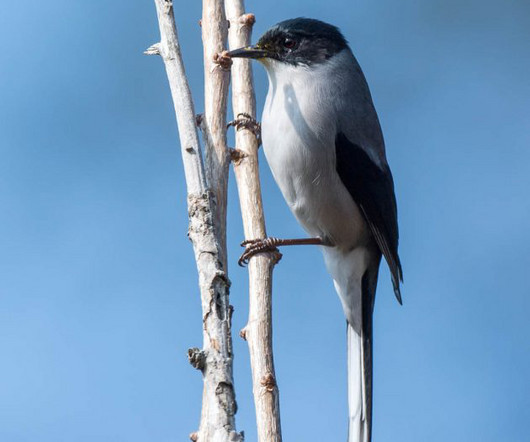
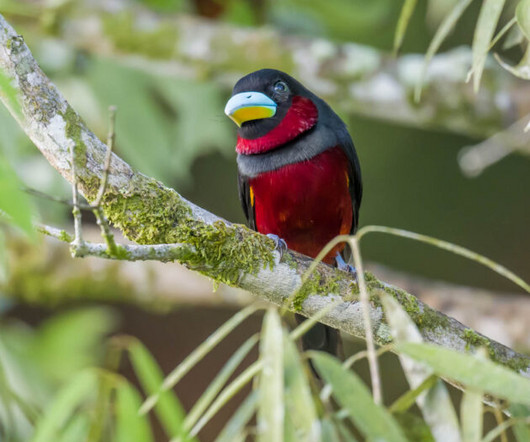
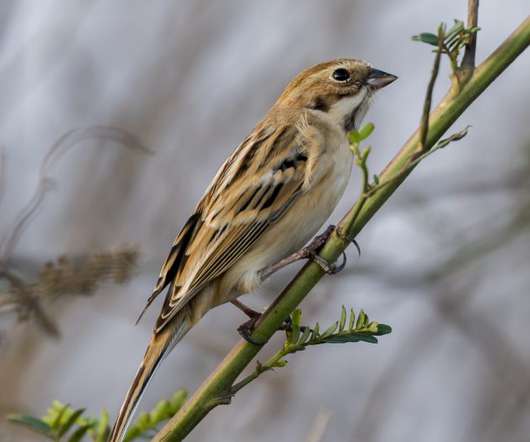











Let's personalize your content